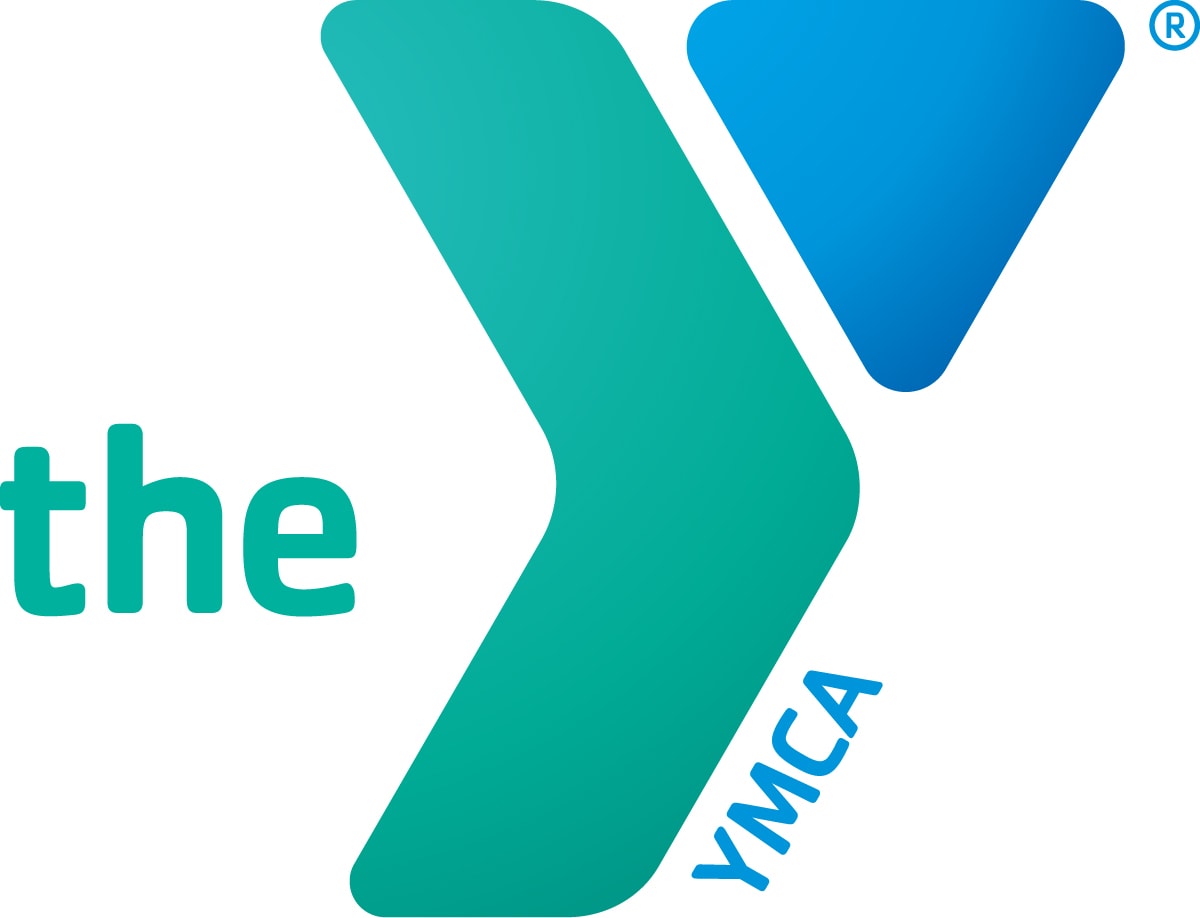By Daniel Kirse, MD, FAAP, professor of ENT/Head & Neck Surgery and medical director of Pediatric Otolaryngology at Brenner Children’s Hospital, part of Wake Forest Baptist Health
Do you think your child has a hearing loss? Did you just learn that your kid failed a hearing screening? What can you do to help your child?
Types of Hearing Loss
There are two types of hearing loss in kids. One is conductive hearing loss and the other is sensorineural hearing loss.
Conductive hearing loss
Conductive hearing loss is the more common type of loss. It is almost always caused by fluid behind the eardrum, which can be related to something short-term, like a cold virus. Or, it can be something persistent, like allergies. If the cause is short-term, the fluid will likely go away on its own. In the case of some infections, your child may need to take antibiotics. If the cause is more persistent, allergy medicines may help. For cases in which simple medical treatments don’t work, ear tubes may be necessary.
Conductive hearing loss won’t cause deafness and usually isn’t severe. However, it can muffle hearing. This can have an impact on language development in younger kids. For older kids, they may have trouble participating in class and learning.
Sensorineural hearing loss
Sensorineural hearing loss involves the nerves. It can be present at birth, or progressive, causing hearing loss over time. If hearing loss is present at birth, it can be detected by the universal hearing screening that all newborns receive before leaving the hospital.
When hearing loss is progressive, it is often due to genetic causes or a disease. It also tends to show up when your child is a toddler or preschool age. Because it can be a very gradual process, you may not notice it right away. It’s not uncommon for a child’s hearing loss to go undetected until they have a pre-kindergarten hearing screening. However in severe cases, the hearing loss will have already started impacting how your child learns and speaks.
Treating Hearing Loss
Treating conductive hearing loss typically involves simple medical treatments or ear tubes.
Sensorineural hearing loss treatment is more specialized. The first thing we do is advanced testing to confirm the results of a hearing screening. The advanced testing also helps us identify the type of hearing loss, its severity, and if it is in one or both ears.
After the testing is complete, we can suggest treatment for your child.
Hearing loss can be mild, severe or profound. For milder cases, we may recommend a hearing aid. It is important that children born with hearing loss be diagnosed early—ideally by 6 months of age or younger—so they can receive hearing aids as soon as possible. If kids are not hearing as they should, it will hinder their ability to interact with the world and develop language
For children with more profound hearing loss, cochlear implants can be the best option. During this procedure, we implant a device in the cochlea (the auditory portion of the inner ear).
If you are concerned that your child may have a hearing loss, make an appointment with your pediatrician. They can give your child a hearing screening and refer you to our team, if needed.
To schedule an appointment with Dr. Kirse or a member of his team, contact 336-716-WAKE (9258). The pediatric hearing loss team at Brenner Children’s Hospital includes ENT doctors, audiologists, speech-language pathologists, developmental pediatricians, neurologists, geneticists and cochlear implant surgeons. Brenner Children’s is the only provider of pediatric cochlear implant surgery in western North Carolina.
Brenner Children’s Hospital serves all children, regardless of insurance status, and we have the expertise and resources to help children with any type or stage of hearing loss.
*Sponsored by Brenner Children’s Hospital










